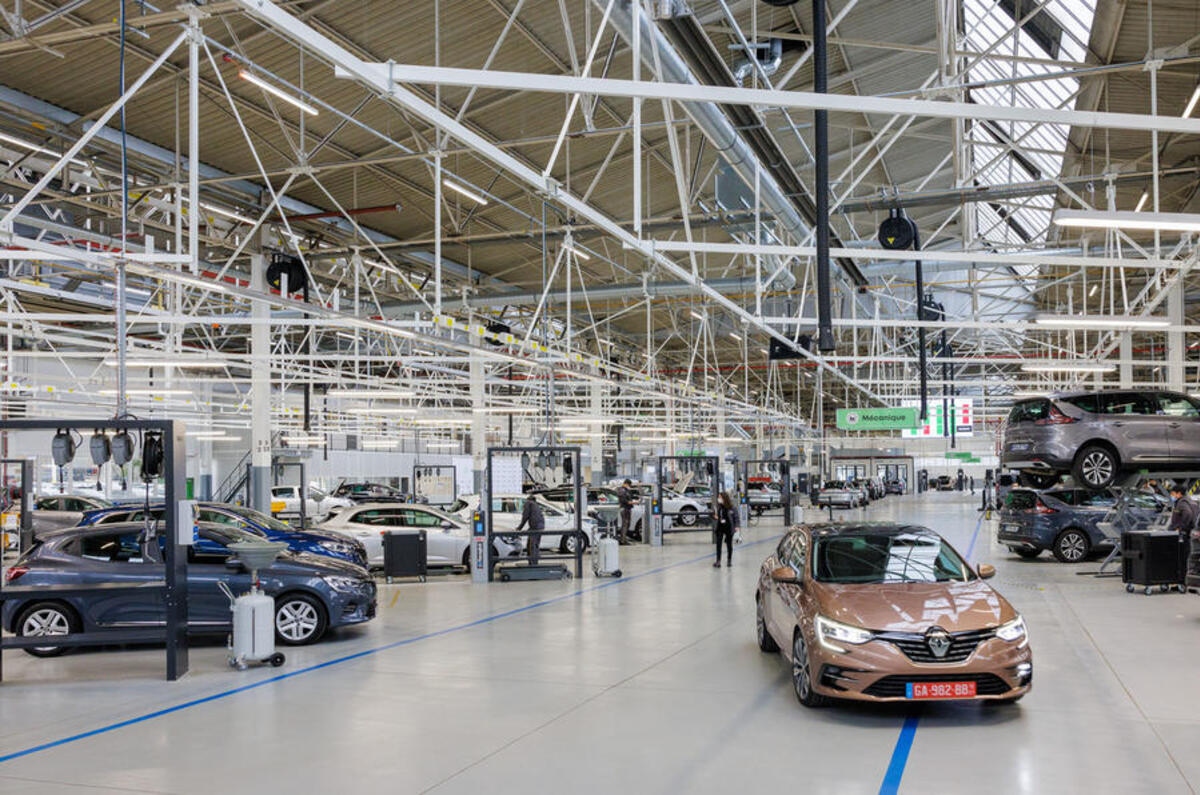The Renault Group, comprising Alpine, Dacia, Mobilize and Renault, has detailed plans to become resource-neutral and maximise the value of car parts and materials using recycling.
The firm aims to generate €2.3 billion (£2.0bn) in turnover annually from its new The Future is Neutral (TFiN) arm, collating the experience of three recycling subsidiaries and its 'Refactory' in Flins, France.




Add your comment